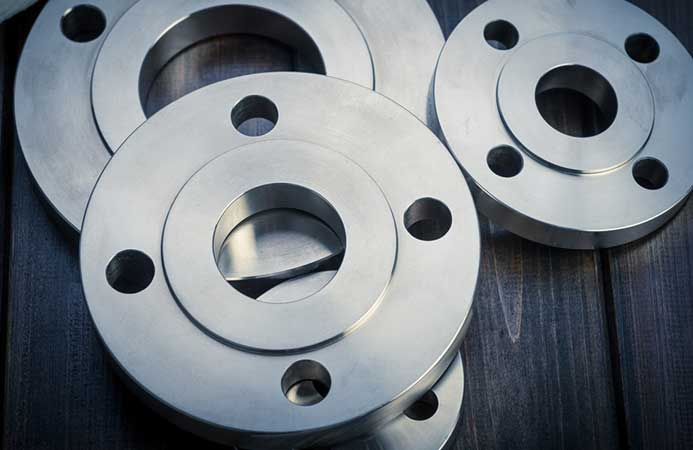In any piping system, the flange is a critical juncture where failure is not an option. Selecting the right one is about more than just matching a specification; it’s an investment in long-term safety, reliability, and operational efficiency. A durable flange prevents costly leaks, withstands extreme pressure, and resists corrosion for years.
This guide will equip you with the essential knowledge related to materials, standards, and sourcing.
Material quality:
The durability of a flange begins with the raw material. Stainless steel, carbon steel, and alloy steel are standard choices, each performing differently under specific environments. For instance, stainless steel resists corrosion in marine and chemical industries, while carbon steel maintains strength in high-temperature conditions. Buyers who evaluate the properties of each material gain confidence in selecting flanges suited to their operational environment, especially when sourcing from a reliable flanges supplier in Dubai.
Precision in standards:
Flanges must meet recognised international standards, such as ASME, ANSI, or DIN. These standards specify dimensions, pressure ratings, and tolerances. When suppliers provide flanges tested and certified against these benchmarks, buyers can trust that components will align smoothly with existing systems. Precision ensures proper fitting, reducing the risk of leaks or misalignments during installation.
Types of flanges:
Different projects demand different flange designs. Weld neck flanges are preferred where high pressure is present, while slip-on flanges are simpler to install in lower-pressure systems. Blind flanges close pipeline ends, and socket weld flanges perform well in small-diameter lines. Buyers who match the flange type to their project conditions achieve longer service life and better system performance.
Quality assurance:
A reliable supplier subjects flanges to rigorous inspections. Pressure testing, non-destructive testing, and chemical analysis confirm that each unit can handle operational demands. Buyers benefit when suppliers maintain records of traceability and certification, as this demonstrates a commitment to reliability and consistency in every shipment.
Supplier reliability:
Longevity is not about the product itself but also about the consistency of supply. Buyers who partner with suppliers that maintain stock levels, deliver on schedule, and provide accurate documentation avoid unexpected interruptions in their projects. A trustworthy supplier ensures that every flange delivered supports long-term operational goals.
Flanges that last are the outcome of careful attention to materials, standards, design, and supplier reliability. Buyers who approach the market with these factors in mind secure products that maintain performance under challenging conditions. A smart investment in the right flanges strengthens immediate operations and also contributes to the durability of entire industrial systems.
